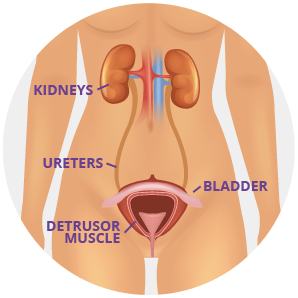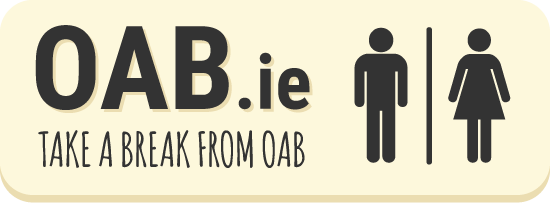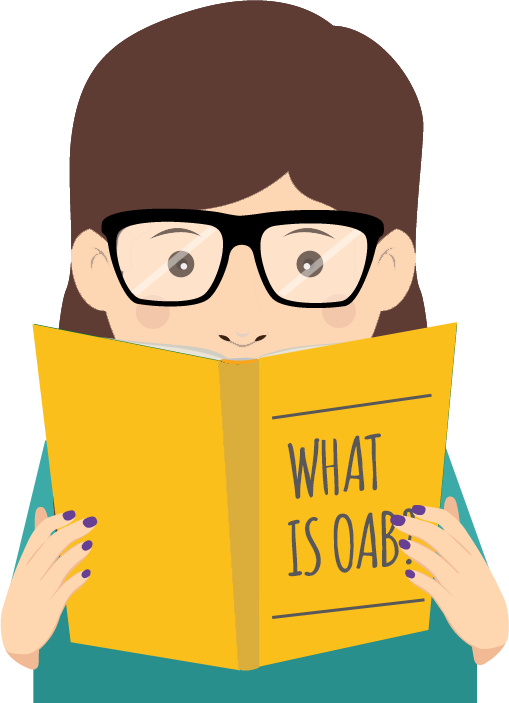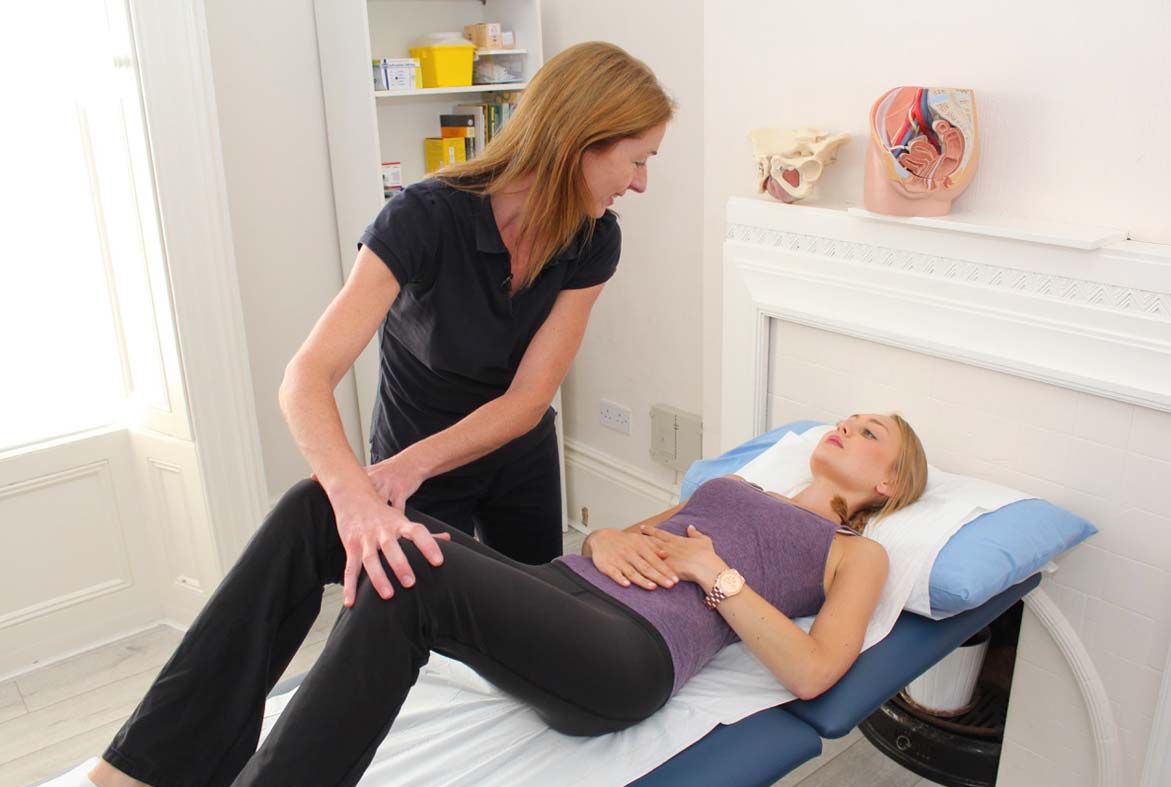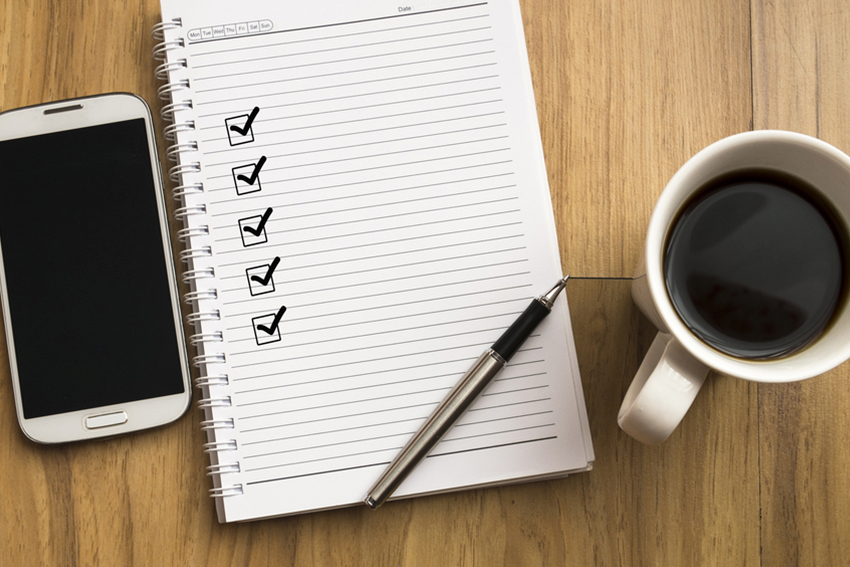URO_2020_0020_IE | May 2020
Terms and Conditions of Use
1. Introduction
1.1 The following terms and conditions ("Terms of Use ") apply to your access to and use of the website at www.oab.ie operated by Astellas Pharma Co Ltd operated whose registered address is 5 Waterside, Citywest Business Campus, Dublin 24 (hereinafter “Astellas ”, “we ”, “our ” or “us ”) (the “Website ”). Use of our Website includes accessing and browsing.
1.2 These Terms of Use should be read alongside, and apply in addition to, our Privacy Policy . Please read these Terms of Use and our Privacy Policy carefully and save and/or print a copy for your future reference, as they will both apply to your use of our Website.
1.3 By using the Website, you are confirming that you have read, understood and accept these Terms of Use and the Privacy Policy and will comply with them. If you do not agree to or cannot comply with these Terms of Use or the Privacy Policy then you must stop using the Website immediately.
2. Changes to these Terms of Use
2.1 Astellas may change these Terms of Use by amending this page and by continuing to use the Website you agree that you accept the changes. Please check this page from time to time to take notice of any updates.
3. Changes to our Website
3.1 We may update our Website from time to time and we may change the content available to visitors of the Website. However, we are under no obligation to update the Website and do not guarantee that the Website and its contents are up to date.
3.2 We do not guarantee that our site, or any content available on it, will be free from errors or omissions.
3.3 If you have any questions about our Website, these Terms of Use or wish to contact us for any other reason, please do so via our Contact Page .
4. Accessing our Website
4.1 The Website is made available to you free of charge.
4.2 We do not guarantee that our Website, or any content on it, will always be available or your access to it will be uninterrupted. Access is granted on a temporary basis and we may suspend, withdraw, discontinue or change all and any part of the Website without notice for any reason. We will not be liable to you if for any reason our Website is unavailable at any time or for any period.
4.3 This Website is intended for use by residents of Republic of Ireland only.
4.4 We do not represent that content available on or through our Website is appropriate to, or available in, other locations. We may limit the availability of our site to any person or geographic area at any time. If you choose to access our site from outside of Republic of Ireland you do so at your own risk.
5. Your use of the Website
5.1 When you use our Website, you agree not to:
use the Website for any purpose that is unlawful, improper or illegal;
use the Website in a way which infringes the rights of anyone else or restricts or inhibits anyone else's use and enjoyment of the Website;
disassemble, reverse engineer or otherwise decompile any software, applications, updates or hardware available through the Website; or
use the Website in any other way that is forbidden by these Terms of Use.
5.2 You accept that it is your responsibility to ensure that you have in place antivirus, firewall and other appropriate security software when browsing the Internet and accessing this Website and for maintaining the security of any passwords/usernames in respect of any user accounts relating to the Website (if applicable). Astellas cannot accept liability for your failure to take reasonable precautions when browsing the Internet and our Website.
5.3 You must not misuse our Website by knowingly introducing viruses, Trojans, worms, logic bombs or other materials which are malicious or technologically harmful. You must not attempt to gain unauthorized access to our Website, the server on which our Website is stored or any server, computer or database connected to our Website. You must not attack our Website via a denial-of-service attack or a distributed denial-of-service attack. By breaching
this provision, you may be committing a criminal offence and we will report any such offence to the relevant law enforcement agencies and will co-operate with those agencies by disclosing your identity to them. If you breach this term, your right to use our Website will cease immediately.
5.4 The content of our Website is provided for general information purposes only and it is not intended to amount to advice on which you should rely. You must obtain professional or specialist advice before taking, or refraining from, any action on the basis of the content of our Website.
5.5 Although we make reasonable efforts to update the information available on our Website, we make no guarantees, representations or warranties that the content is accurate, complete or up-to-date, nor that the Website does not infringe the rights of any third party. We accept no responsibility or liability for your use of content on the Website and your use is entirely at your own risk.
6. Intellectual property rights
6.1 We are the owner or licensee of all intellectual property rights in our Website and in the material published on it. Intellectual property includes text, images, sound and video clips and other works published on the Website. Those works are protected by copyright laws and treaties around the world and all such rights are reserved.
6.2 If you comply with these Terms of Use, you may view, download, print and use content from the Website provided that:
our status as authors of the content is always acknowledged;
you do not use the content for commercial purposes;
you do not modify the Website content in any way; and
you do not modify the content and you use all Website illustrations and other visual content in conjunction with their accompanying text.
6.3 You must not use the Website content in any way that is inconsistent with these Terms of Use unless you have our prior written consent. If you print-off, copy or download any part of our Website in breach of these Terms of Use your right to use the Website will cease and you must, at our option, return all copies of the materials you have made.
7. User-generated content
7.1 Astellas may include functionality on the website that allows you to post or submit content to the Website, for example on a public forum or a blog. By submitting content, you agree that:
you are fully responsible for the content that you post or submit, and that you will not submit any content that is unlawful, harmful, threatening, abusive, harassing, defamatory, vulgar, obscene, racially, ethically or otherwise illegal and/or object ionable in any way;
you promise that any content is: (i) original to you and that no other party has any right, title or interest in the content; and/or (ii) you have the necessary rights, licences, consents and permissions to post the content to the Website for use by Astellas in accordance with these Terms of Use.
7.2 When you submit content to our Website, you grant the following licences:
a non-exclusive, royalty-free, worldwide, perpetual licence to Astellas to use the content in any way that we consider appropriate and to authorise others to do so. You also agree to irrevocably and unconditionally waive all moral rights which you may have in any of the content posted by you on the Website; and
a non-exclusive, royalty free licence to other users of the Website to access your content through the Website for the purposes of accessing such content and using it in accordance with these Terms of Use.
7.3 Astellas may pre-screen, review, edit, modify, reject or remove content submitted to or posted to the Website at any time for any reason, although we have no obligation to do so. We are not responsible for any content posted or submitted for posting by you or any other third party user of the Website.
7.4 We have no obligation to retain any content and will not be responsible to you for the deletion, destruction or loss of any content not provided by us. We may retain content if it is necessary so that we can comply with our legal obligations, to resolve disputes and to enforce these Terms of Use.
8. Limitation of our liability
8.1 Nothing in these Terms of Use limits or excludes: (i) our liability for personal injury or death caused by our negligence, fraud or fraudulent misrepresentation; (ii) your rights under consumer laws; or (iii) any other liability that cannot be limited or excluded under Irish law.
8.2 To the extent permitted by law, we expressly exclude all representations, warranties, conditions or other terms which may apply to our Website or any content on it, whether express or implied.
8.3 We will not be liable to any user for any loss or damage, whether in contract, tort (including negligence), breach of statutory duty or otherwise, even if the loss or damage was foreseeable, that occurs as a result of or in connection with:
(a) use of, or inability to use, our Website; or
use or reliance on any content displayed or available on our Website.
8.4 If you are a business user, please be aware that in particular we will not be liable for:
any loss of profit, sales, business or revenue;
business interruption;
loss of anticipated savings;
loss of goodwill, opportunity or reputation;
loss of data; or
any special, indirect, incidental, consequential, punitive or exemplary loss howsoever caused,
arising out of or in connection with these Terms of Use or your use of the Website (whether the claim is brought for breach of contract, in negligence or any other tort, under statute or otherwise).
8.5 If you are a consumer user, please note that we only provide the Website for domestic and private use. You agree not to use our Website for any commercial or business purposes and we have no liability to you for any loss of profit, loss of business, business interruption or loss of business opportunity. We will not be liable for any loss or damage caused by a virus, distributed denial-of-service attack or other technologically harmful material that may infect your computer equipment, computer programs, data or other proprietary material, due to your use of our Website or to your downloading of any content on it or any other website linked to it.
8.6 Information transmitted via this Website will pass over public telecommunications networks. We do not promise that the Website will be available or that the operation of this Website will be uninterrupted or error free and assume no liability for this.
9. Links to third-party websites
9.1 This Website may contain links to third party websites. We do not vet, endorse or otherwise approve the content of any third party websites and your use of such websites is entirely at your own risk and we have no control over the content of any third party websites.
9.2 We do not accept responsibility or liability for the availability or content of any such third party websites, nor liability for any damage or harm that you may suffer from visiting and/or using them.
10. Other important terms
10.1 Astellas may discontinue the Website or terminate certain features and functionalities of the Website immediately at any time in its sole discretion.
10.2 If any of these Terms of Use are found to be illegal, invalid or unenforceable by any court of competent jurisdiction, the rest of these Terms of Use shall remain in full force and effect.
10.3 Any failure by Astellas to exercise or enforce any right or provision in these Terms of Use will not constitute a waiver of such right or provision.
10.4 Except as expressly stated in these Terms of Use nothing in these Terms of Use is intended to confer any rights, remedies or benefits upon any person other than you and Astellas.
10.5 These Terms of Use set out the entire agreement between you and us and supersede any and all prior terms, conditions, warranties and/or representations to the fullest extent permitted by law.
10.6 Astellas may suspend your access to the Website for violation of these Terms of Use. In addition, either you or we may terminate our agreement under these Terms of Use at any time by writing to the other party. If this agreement is terminated y ou must immediately stop using our Website.
10.7 If you are a consumer, please note that these Terms of Use, their subject matter and formation are governed by Republic of Ireland law. Both you and we agree that the courts of Republic of Ireland will have non-exclusive jurisdiction.
10.8 If you are a business, these Terms and any dispute or claim arising out of or in connection with them or their subject matter or formation (including non-contractual disputes or claims) shall be governed and construed by the laws of Republic of Ireland. If you take any legal action relating to your use of the Website or these Terms of Use, you agree to do so in the courts of Republic of Ireland.
10.9 These Terms of Use and Privacy Policy are available in the following languages: English.
